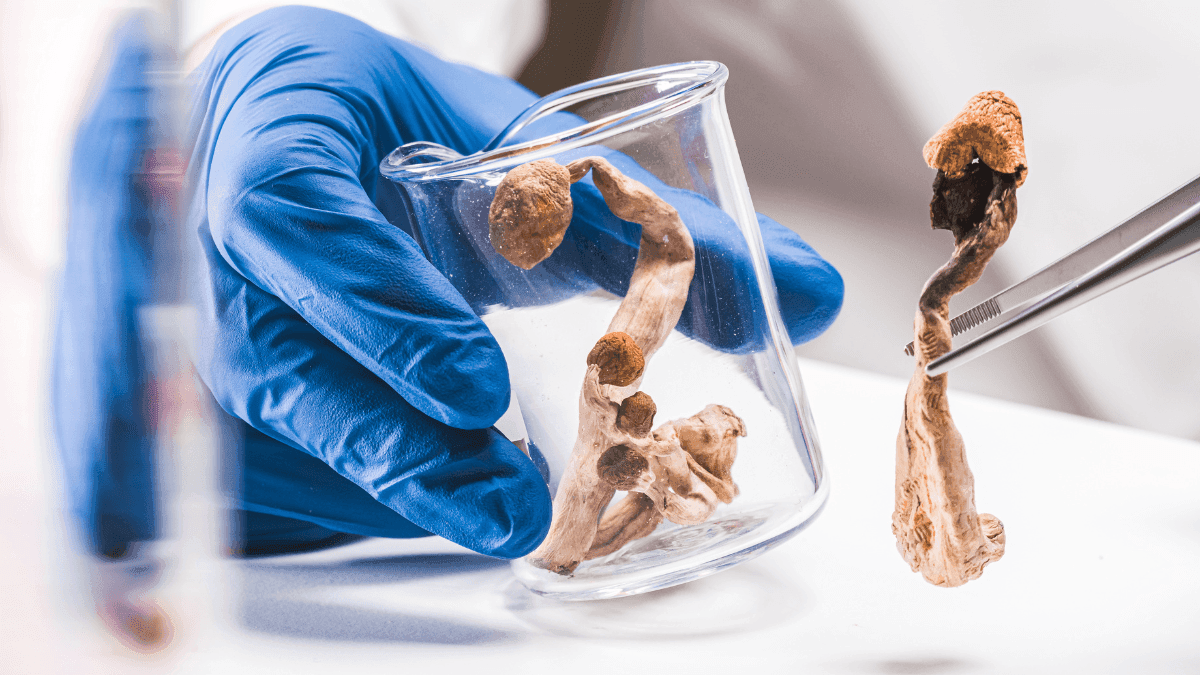Psilocybin emerges as an innovative and humane alternative in chronic pain care
Research on psilocybin points to a new frontier in chronic pain treatment, combining science and empathy to offer lasting relief and better quality of life to millions of people
Published on 10/27/2025

When science meets empathy: natural substance shows potential to alleviate chronic pain | CanvaPro
Chronic pain is silent but constant. It limits movement, steals sleep, and often, hope. According to the World Health Organization (WHO), one-third of the global population lives with some form of persistent pain, a condition that has challenged patients and healthcare professionals for decades. Now, a new therapeutic possibility is beginning to gain ground: psilocybin, a natural substance found in certain types of mushrooms, is being studied for its potential to deeply and lastingly alleviate pain.
Unlike conventional analgesics, which only mask symptoms, psilocybin acts on multiple levels: it reduces inflammation, modulates serotonin-linked receptors, and stimulates neuroplasticity, the brain's ability to create new connections and reorganize circuits that maintain the pain cycle. Recent research, such as the study "Psilocybin as a new treatment for chronic pain" published in the British Journal of Pharmacology, suggests that the compound can offer prolonged relief with just one or a few doses, without the dependency risks associated with opioids.
An approach that combines science and empathy

The results are promising in cases of neuropathic pain, fibromyalgia, recurrent headaches, and oncologic pain. In animal experiments, a single dose of psilocybin reduced pain behaviors for up to ten weeks. In clinical trials with humans, patients with migraines and cancer-related pain reported sustained improvement in both pain intensity and emotional well-being.
"We are facing a paradigm shift. Psilocybin acts not only on physical pain but also on the emotional suffering that accompanies it. It is an approach that combines science, empathy, and therapeutic innovation," explains Dr. Lucas Cury, a postgraduate in neurology.
Paths to the future
Recognized by the FDA (United States regulatory agency) as an innovative therapy (Breakthrough Therapy) for treatment-resistant depression, psilocybin is beginning to be seen as an ally in chronic pain treatment, a condition that shares similar mechanisms such as inflammatory processes and serotonin dysregulation.
Based on these findings, Dr. Cury has been dedicated to scientific dissemination and the development of clinical protocols to ensure the responsible and safe therapeutic use of psychedelics. The initiative follows a global movement to review practices in mental health and pain management, a path that points to a future where science and humanization walk hand in hand, offering new ways to care for and alleviate suffering.








